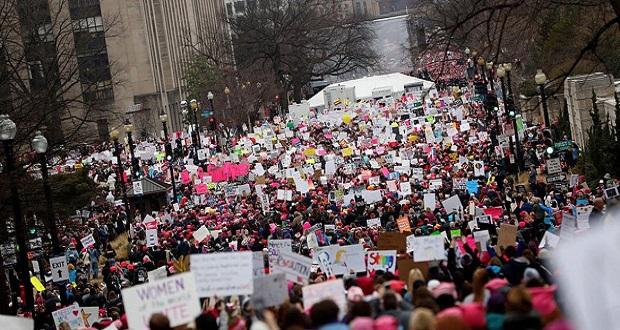
The Supreme Court ruled in a narrow 5-4 decision this week that prayer is permissible in public government meetings. The case, which came from a suit filed by two women in suburban Rochester, NY who objected to the tradition of prayer from Christian tradition, brings to the fore the issue of the appropriateness of religious expression in various organizational venues.
In defense of the prayer tradition, the Greece, NY officials said that they had different types of faith expressions, including a Wiccan priestess, to offer invocations. Officials said they do not review the content of the remarks, nor censor any language.
A federal appeals court in New York had found the Greece, NY policy of starting meetings with a prayer to be a violation of the Constitution’s Establishment Clause, which bans any government endorsement of religion. In that case the judges ruled that the practice had the effect of “affiliating the town with Christianity.” However the Supreme Court did not agree.
Judge Anthony Kennedy, who voted in favor of allowing prayer in this instance said, “The town of Greece does not violate the First Amendment by opening its meetings with prayer that comports with our tradition and does not coerce participation by nonadherents.”
Congress and the President also agreed that prayer should be allowed in this instance and that it did not violate the constitution.
In her dissenting opinion, Justice Elena Kagan said, “When the citizens of this country approach their government, they do so only as Americans, not as members of one faith or another. And that means that even in a partly legislative body, they should not confront government-sponsored worship that divides them along religious lines.”
The ACLU agreed with Kagan. “Official religious favoritism should be off-limits under the Constitution. Town-sponsored sectarian prayer violates the basic rule requiring the government to stay neutral on matters of faith.”
It seems to me that the town was inclusive in its approach by allowing any faith expression not just Christianity to offer the invocation. I also think that to have voted against this practice would have been somewhat hypocritical inasmuch as The Supreme Court starts every public session with the marshal reciting a statement that ends, “God save the United States and this honorable court.”
In a truly inclusive world, different religious expressions should not “divide us along religious lines.” We should be able to accept that there are myriad faith expressions which are just a part of our vast diversity. To be accepting does not mean that we necessarily agree with the religious tenants of others, we simply respect that they have the right to exist and exercise their faith, not to coerce or proselytize but simply to express.
The women who filed the suit said they were uncomfortable with the prayer practice at the town meetings; one because she is Jewish and the other an atheist. They also have some choices. They could step out during the prayer; tune the prayer out or just endure for those few moments. If the prayers were all strictly from a Christian tradition, I would agree they were violating my understanding of inclusion. However by not censoring and being open to anyone who would like to offer the invocation at the start of the meeting, is in my opinion, quite inclusive. Maybe, though ultimate inclusion would be to not have prayer sometimes to be inclusive of atheists!


















